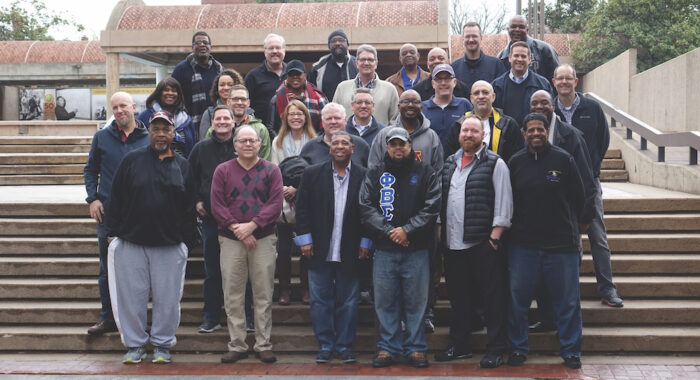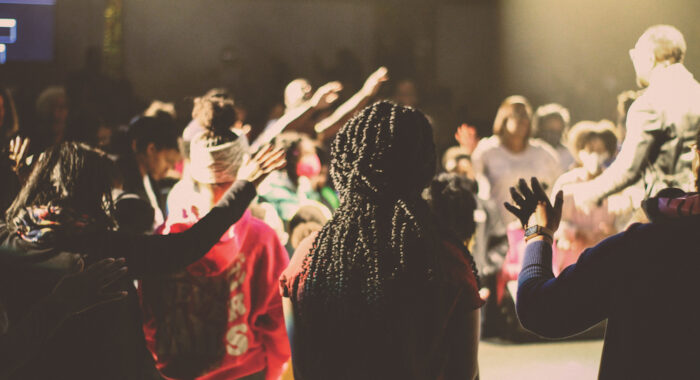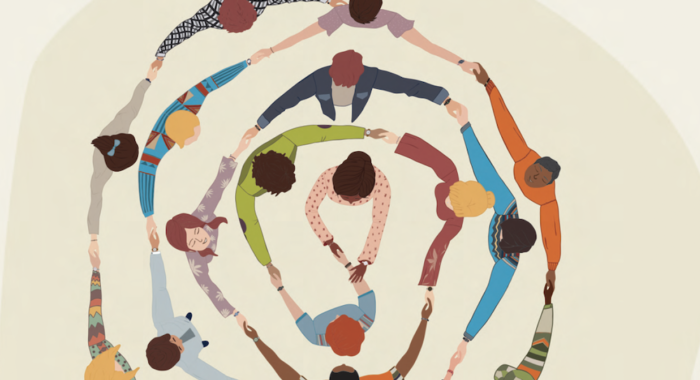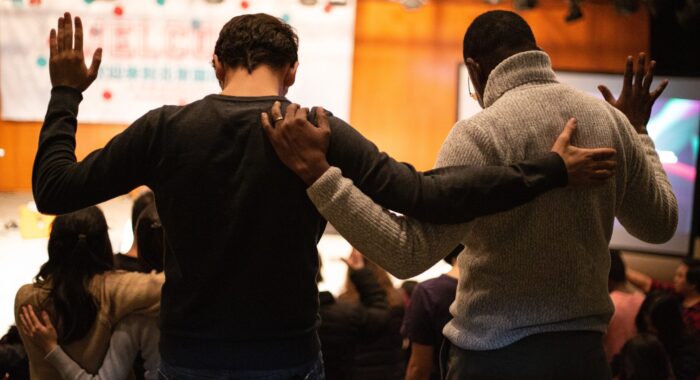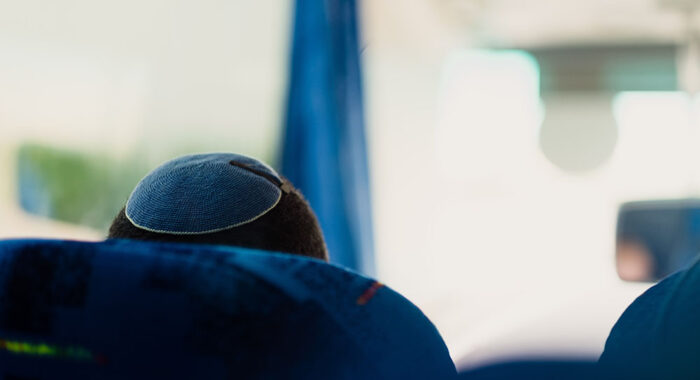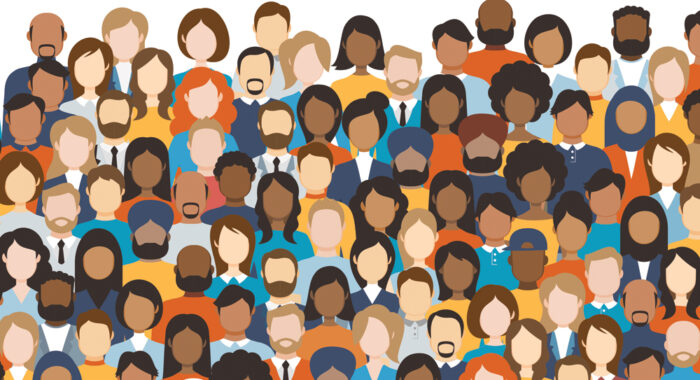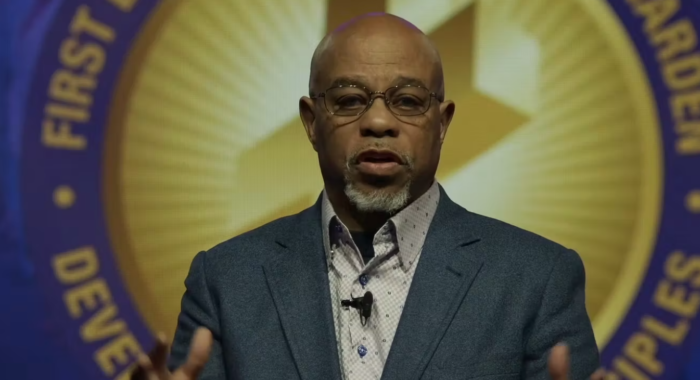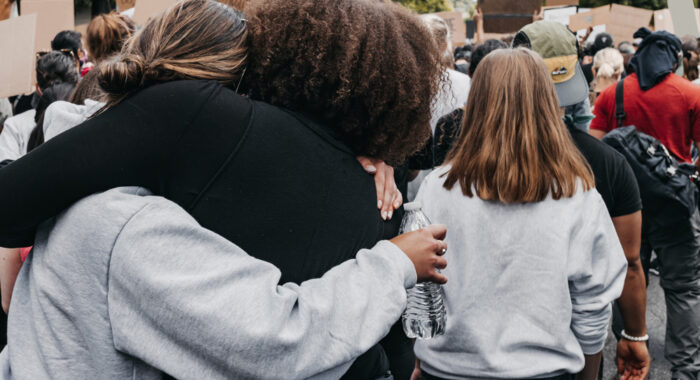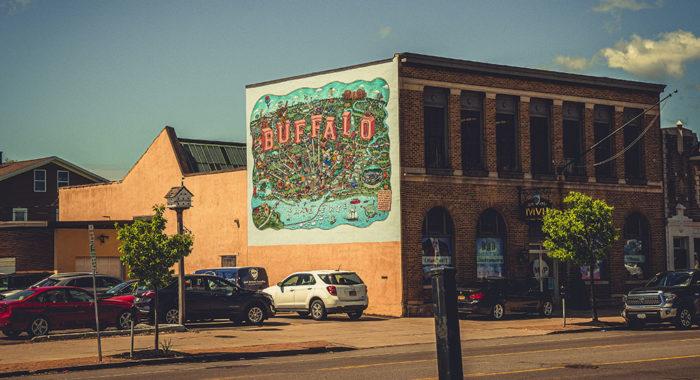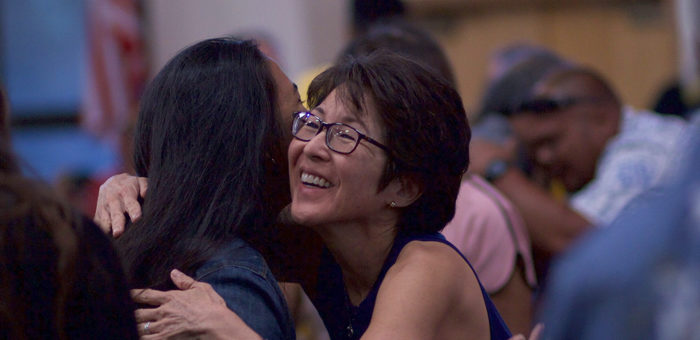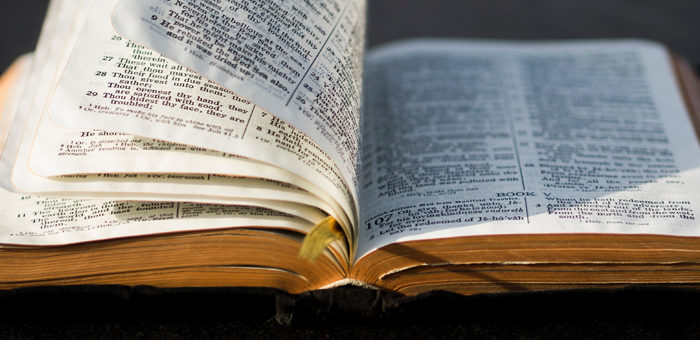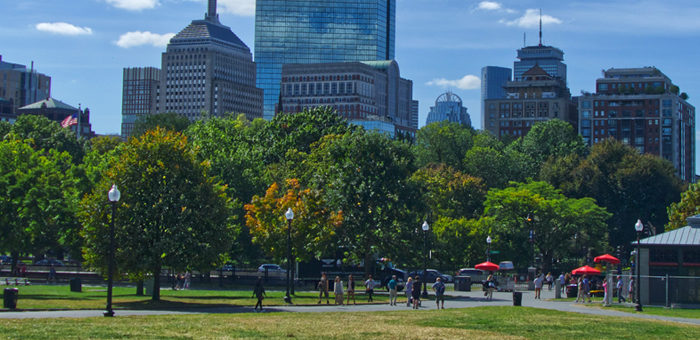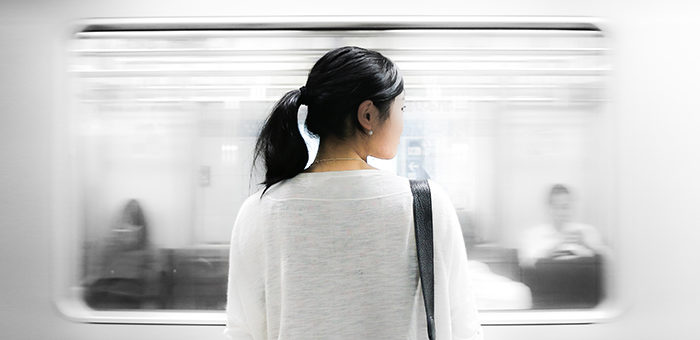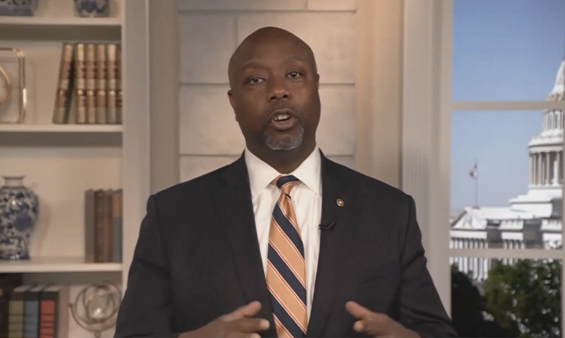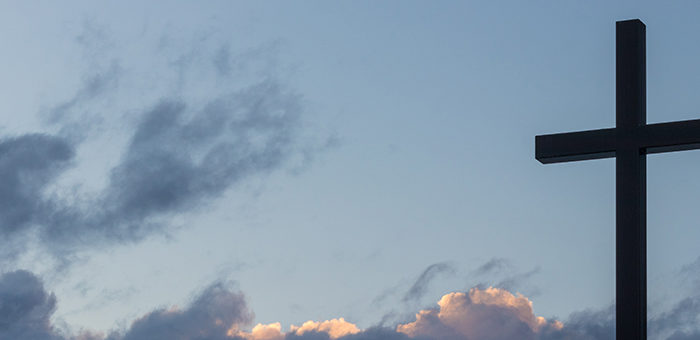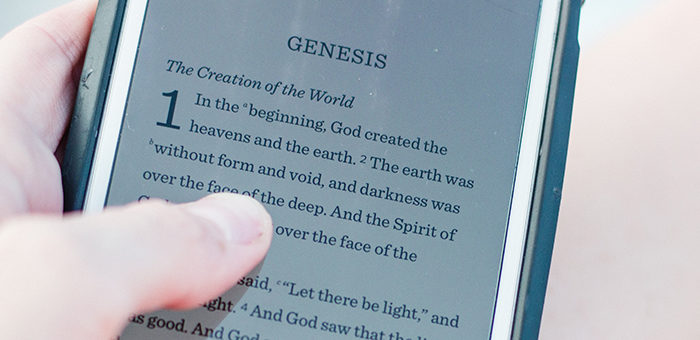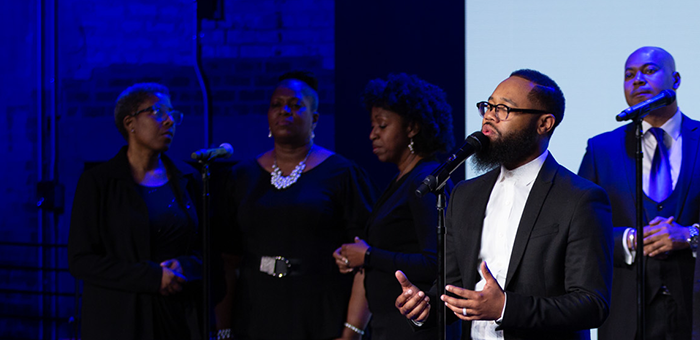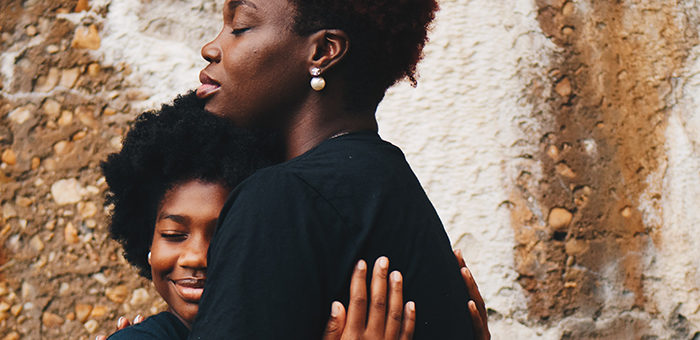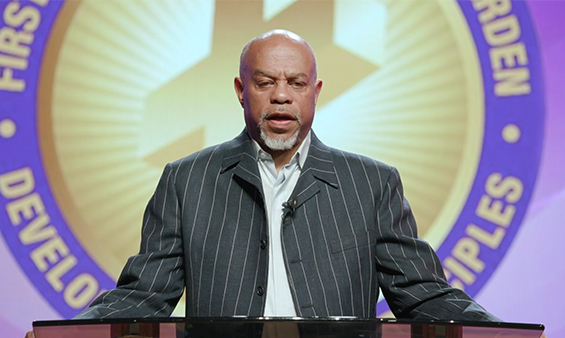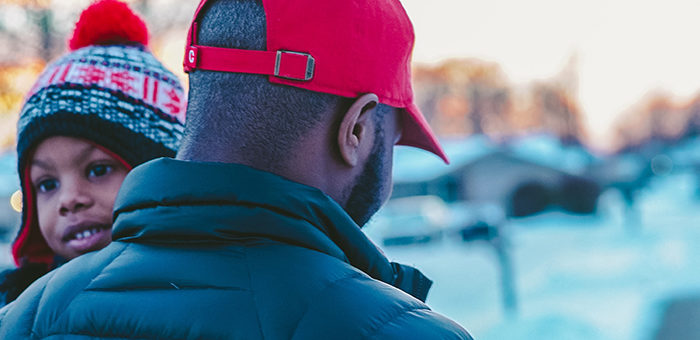Over the past year, nearly 3,800 incidents of name-calling, shunning and assault against Asian Americans and Pacific Islanders have been reported to Stop AAPI Hate. How should we as Christians understand this dramatic increase of violence against Asian Americans? How did we get here? In Today’s Conversation podcast, Raymond Chang traces anti-Asian sentiment and actions through U.S. history, and offers a mini-cultural sensitivity training to listeners.
In this podcast hosted by NAE President Walter Kim, you’ll also gain understanding on:
- How the model minority myth and perpetual foreigner syndrome affect Asian Americans today;
- What unique contributions Asian Americans offer the Church;
- How to love and care for Asian American friends and neighbors; and
- A word of encouragement for those who are weary from the heaviness of racial injustice and other societal and personal tragedies.
Read a Portion of the Transcript
Walter: Part of sensitivity training, of course, is awareness of this history of the model minority and perpetual foreigner myths, but you’ve also alluded to something way beyond cultural sensitivity training. You’ve alluded to the life, death and resurrection of Jesus; you’ve alluded to the power of the Holy Spirit to transform. In your role at Wheaton in areas of discipleship as campus minister, what is a Christian response in terms of a deeper discipleship in this area?
Raymond: Because we are working in a world where sin loves to wreak havoc — it loves to establish patterns that harm people and divide people including Christians — and where race and racism have been significant forces in our formation is why so much of the church in the United States is divided especially along racial lines.
You see that in the ways that we vote — which everyone has the right to vote their conscience — but it’s interesting our votes are often tied with our race more than our faith and that we use apologetics to defend a particular partisan position instead of actually seeing that both parties are completely flawed in the country as well as the ways that no party actually represents Jesus and his kingdom fully.
One of the things that I am finding over and over, including at my work at Wheaton, is that many of the students come in seeking to be a part of a kingdom community that’s very diverse and that celebrates all the contributions that God has instilled within each people group with each community, and yet find it very difficult that some groups are more exclusionary than other groups and maintain harmful stereotypes because they often come from homogenous churches and homogenous upbringings.
I do think that we need to have a race-conscious and gender-conscious discipleship so that we don’t perpetuate the harms that we are seeing throughout society.
Share the Love
If you enjoyed the program, please rate it on iTunes and write a brief review. That will help get the word out and raise the visibility of the show.
Relevant Resources
Today’s Conversation is brought to you by OneShare Health.

Raymond Chang serves as a campus minister at Wheaton College. He also co-founded and serves as president of the Asian American Christian Collaborative. Prior to these roles, Chang was on the pastoral staff at The Orchard Evangelical Free Church in Illinois. He has also been a Peace Corps volunteer in Panama, a youth pastor in L.A., and a director of two nonprofits. Chang regularly preaches and speaks throughout the country on Christianity and culture, race and faith. He earned his M.Div. from Trinity International University and is currently working on his Ph.D. from Azusa Pacific University.
Walter Kim became the president of the National Association of Evangelicals in January 2020. He previously served as a pastor at Boston’s historic Park Street Church and at churches in Vancouver, Canada and Charlottesville, Virginia, as well as a campus chaplain at Yale University. He preaches, writes and engages in collaborative leadership to connect the Bible to the intellectual and cultural issues of the day. He regularly teaches in conferences and classrooms; addresses faith concerns with elected officials and public institutions; and provides theological and cultural commentary to leading news outlets. He serves on the boards of Christianity Today and World Relief and consults with a wide range of organizations. Kim received his Ph.D. from Harvard University in Near Eastern Languages and Civilizations, his M.Div. from Regent College in Vancouver, and his B.A. from Northwestern University.




 View All Podcasts
View All Podcasts 



